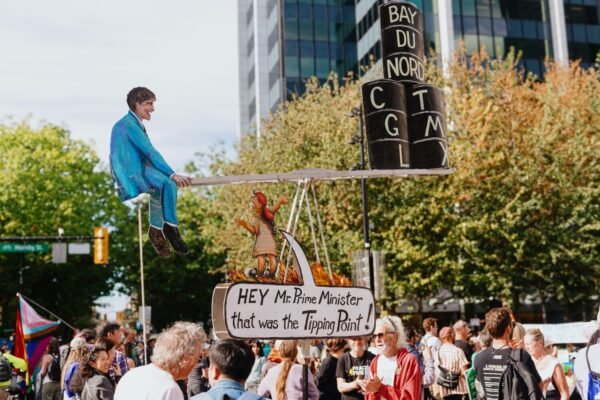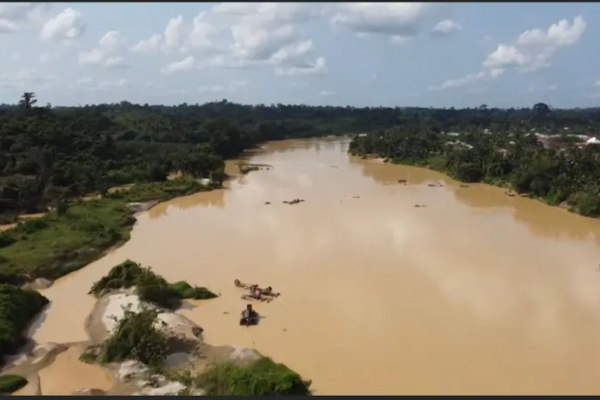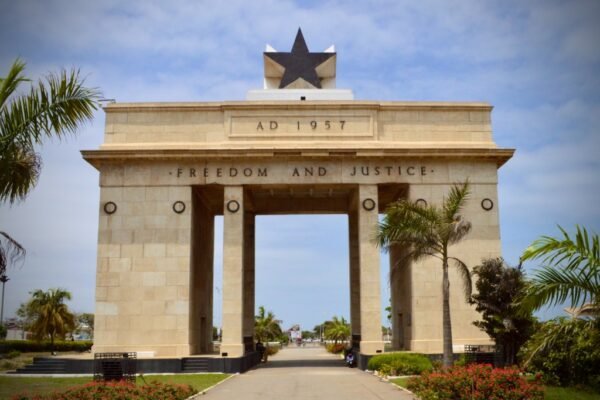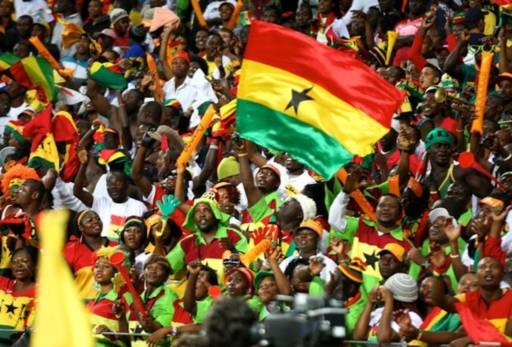|
LISTEN TO POST:
|
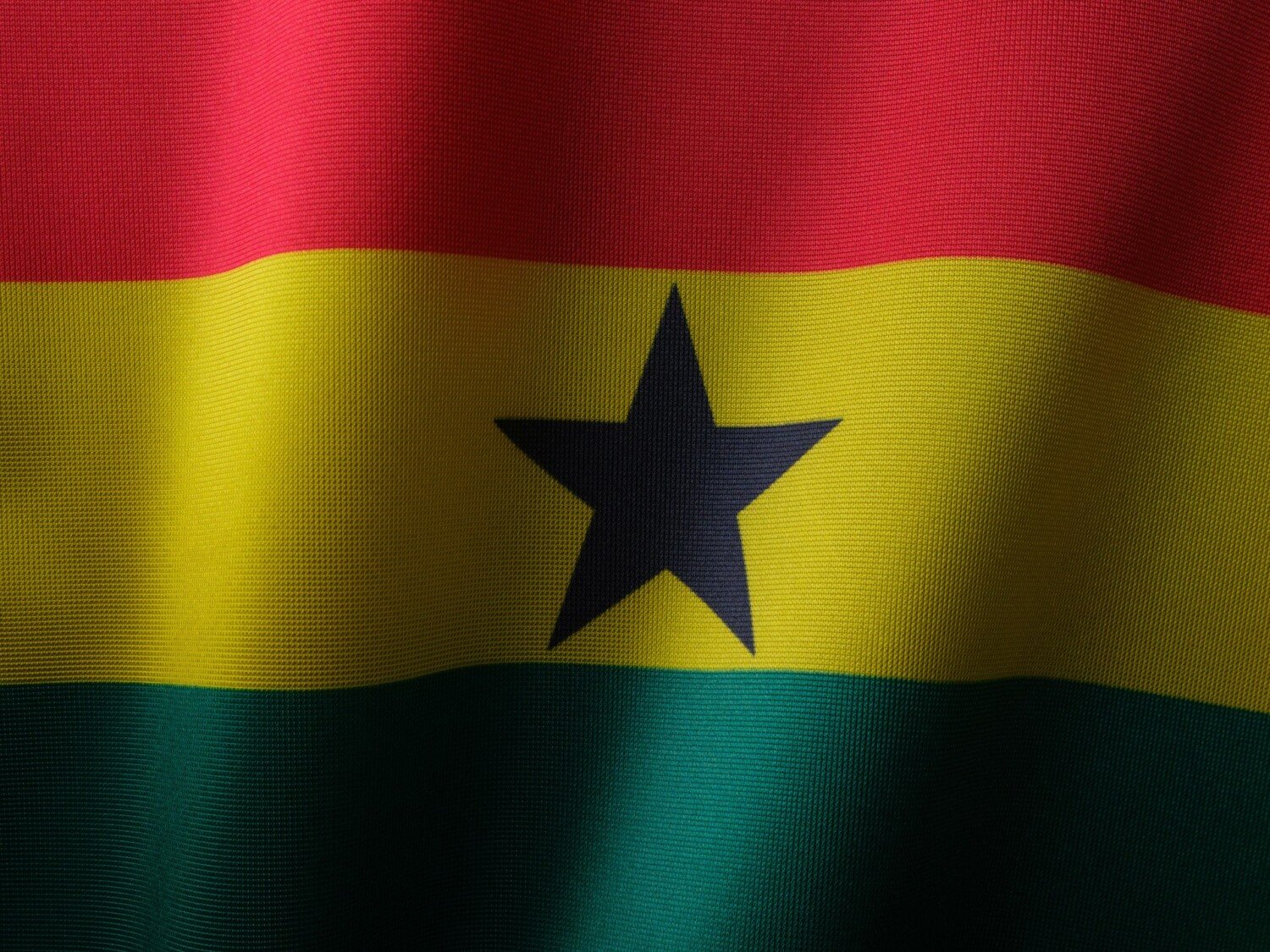
Today marks a historic moment in Ghana’s political timeline as John Dramani Mahama is inaugurated for his second term as President. After a commanding electoral victory that saw his party, the National Democratic Congress (NDC), triumphantly reclaim power from the New Patriotic Party (NPP) led by Dr. Mahamudu Bawumia, Ghanaians are abuzz with anticipation and expectations.
Mahama’s victory was nothing short of astounding, reflecting a groundswell of support for his vision and a resounding rejection of the NPP’s governance. As the nation gathers to witness his inauguration, the focus shifts to the promises outlined in his campaign manifesto, with particular emphasis on his transformative ORAL (Operation Recover All Loot) agenda, which promises to address systemic corruption, restore public trust, and drive equitable development.
The Electoral Landscape: A Stunning Comeback
Mahama’s return to power was far from a foregone conclusion. Having previously served as President from 2012 to 2017, his political career saw highs and lows, including a bitter electoral defeat in 2016. However, his resilience, coupled with a strategic campaign that resonated deeply with the electorate, positioned him for this remarkable comeback.
Key to Mahama’s victory was his ability to tap into widespread discontent with the NPP’s economic and governance policies. Ghana, under NPP’s leadership, faced challenges such as soaring inflation, a depreciating cedi, and mounting concerns over corruption. Mahama’s message of transparency, accountability, and a comprehensive plan to recover looted state funds resonated with voters, particularly in communities that felt left behind by the previous administration’s policies.
The election results reflected a clear mandate. The NDC swept parliamentary seats, reclaiming traditional strongholds and making inroads into territories previously dominated by the NPP. For many, Mahama’s victory symbolizes a call for integrity in governance and a fresh start after years of economic mismanagement and corruption under the Nana Akuffo-Addo led NPP government.
Ghanaians’ Expectations: Delivering on Accountability
As Mahama assumes office, Ghanaians are eager to see immediate action on the ORAL agenda. The electorate’s trust hinges on the administration’s ability to deliver on its promise to address corruption decisively.
Citizens, particularly the youth, have expressed optimism about the potential impact of ORAL. By recovering misappropriated funds, Mahama’s government has the opportunity to redirect resources toward job creation, healthcare reform, and infrastructure development. However, the scale of this challenge cannot be underestimated. Success will require robust systems, unwavering political will, and sustained public engagement.
While the ORAL agenda offers a compelling vision, its implementation will be the ultimate test of Mahama’s leadership. Ghanaians are hopeful but cautious, aware of the complexities involved in recovering state funds and ensuring they are used effectively.
The Inauguration Ceremony: A Symbol of Renewal
Today’s inauguration ceremony in Accra is not just a formal event but a celebration of democracy and collective hope. The Independence Square is abuzz with activity as dignitaries, international representatives, and citizens gather to witness the historic event.
Mahama’s inaugural speech is expected to set the tone for his presidency, outlining his administration’s priorities and reaffirming his commitment to the ORAL agenda. Early indicators suggest a focus on unity, national development, and a call to all Ghanaians to participate in the rebuilding process.
Challenges Ahead: A Daunting Task
Despite the optimism surrounding Mahama’s return, the road ahead is fraught with challenges. The economic issues inherited from the previous administration demand immediate attention. High debt levels, inflation, and a fragile currency require bold and decisive action.
Moreover, implementing the ORAL agenda will likely face resistance from entrenched interests. Political dynamics within Parliament, even with the NDC’s majority, will require careful navigation to ensure bipartisan support for critical reforms.
Looking to the Future: A Transparent Ghana
Mahama’s victory has reignited hope for many Ghanaians, but the responsibility of translating this hope into tangible progress rests heavily on his shoulders. His administration must act swiftly to address pressing issues while laying the groundwork for sustainable development.
The ORAL agenda represents more than a promise; it is a national mandate for accountability, equity, and transformation. By delivering on this bold initiative, Mahama’s second term could redefine Ghana’s trajectory, setting a new standard for governance in Africa.


